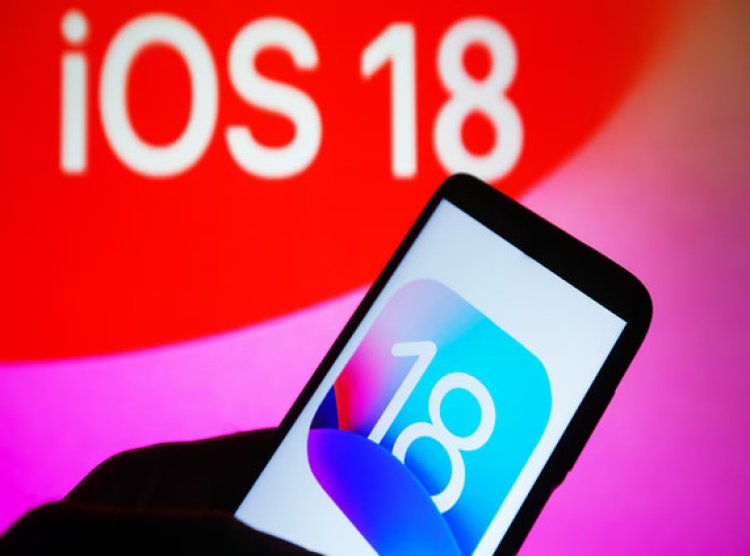Apple and OpenAI Resumes Talks for iOS 18 AI Integration
Apple resumes talks with OpenAI for generative AI on iOS 18, alongside negotiations with Google for Gemini AI chatbot licensing

Earlier this year, tech giants Apple and Google initiated discussions aimed at incorporating various generative AI features into the forthcoming iOS 18 operating system. Recent reports suggest that Apple, under the leadership of CEO Tim Cook, has rekindled negotiations with OpenAI to integrate generative AI capabilities into iPhones.
According to a recent report by Bloomberg's Mark Gurnman, Apple and OpenAI had initially engaged in discussions earlier this year regarding a potential collaboration. However, progress had been minimal until now. The report indicates a resurgence of talks between Apple and OpenAI, focusing on the integration of chatbot-like features into iOS 18.
Simultaneously, Apple has continued negotiations with Google to secure licensing for its Gemini AI chatbot. Sources suggest that Apple may ultimately strike deals with both OpenAI and Google or opt for a single vendor for its chatbot functionality.
Previous reports also indicate ongoing discussions between Apple and Baidu to introduce generative AI capabilities to users in China, given Google's absence in the region.
Apple's iOS 18 is poised to be one of the most significant software updates in the company's history. As customary, Apple is expected to unveil iOS 18 at its annual Worldwide Developers Conference, with the update potentially debuting on the upcoming iPhone 16 series later this year.
On the AI front, Apple is reportedly developing a large language model (LLM) designed to operate entirely on-device. This approach, revealed in Gurnman's Power On newsletter, suggests that the AI model will be powered by on-device processors, rather than relying on cloud-based infrastructure. While this on-device model may lack the robustness of server-backed counterparts like ChatGPT or Gemini, it could offer advantages such as reduced response times, offline functionality, and enhanced privacy features.

 Sumit Rawat
Sumit Rawat 










